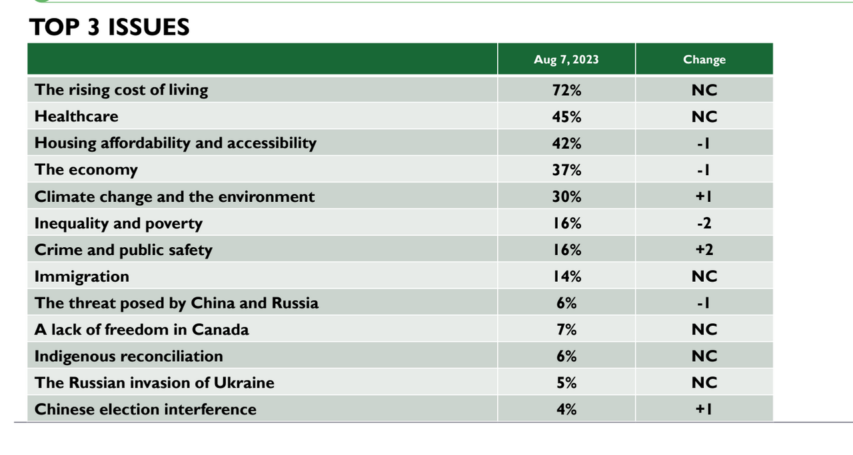In The Line Jen Gerson discovers once again that our federal government is much more interested in making dramatic announcements — usually repeated many, many times — than in actually doing anything. Their response to her inquiry about federal disaster response planning is anything but comforting to worriers among the citizenry:
The clever and devoted readers of The Line will have already surmised that I am a touch neurotic, prone to catastrophize, and gifted with one of those imaginations that is perfectly capable of picturing in vivid detail every worst-case scenario playing out simultaneously.
And so, dear devotee, you will have no trouble picturing my mental state in recent months, in what will come be known as the Summer of Fire. Until next summer, anyway. Until then, it’s always fun to watch two cities burn (or come close to burning) over the course of a single weekend, eh?
Watching the long lines of cars fleeing Yellowknife, or the beachcombers lining the shores of Lake Okanagan as swathes of West Kelowna disappeared, I have to admit that my mind wandered into its darker wings.
Yellowknife and Kelowna are cities, yes, but relatively small ones: Yellowknife is remote and served by only one road, making it a particular logistical challenge to evacuate. But it’s still only a town of 20,000 people. This ought to be well within the capacity of a wealthy, organized G7 country.
What if wildfires threatened, say, Edmonton? A city of a million. How would we get everyone out? Where would they go? What would they eat?
And this line of internal paranoia brought me to the media landing page of the minister of Public Safety Canada. I have questions — to my mind, basic questions — about this country’s capacity to handle major catastrophes. They were as follows:
- What are the transportation resources typically available to facilitate an evacuation: in an emergency, how many people could we move by air or land, and how quickly?
- Does the federal government maintain stores of food or other basic goods? How much? How many people could we feed?
- Do we have the capacity to establish temporary housing for evacuees displaced by an emergency situation? If so, how many people could it hold, and for how long?
I also had a few more general queries. I am aware that they may not have been fully answerable by the federal government, but I was curious about what the response would be. Specifically:
- Are we going to rebuild everything that burns down, or do we have to accept that climate change will make some previously inhabited sections of Canada unlivable?
- What kind of resources will the federal government marshal toward hardening infrastructure to prepare for more serious floods and fires in the future? Is this a priority?
To be clear, none of these questions are “gotchas”. I was not out to catch the federal government by surprise, nor to embarrass it in any way. I don’t think any of these questions is unreasonable; in fact, I expected some fairly stock answers. That is, I expected that a federal government would keep at least a basic running inventory of things like temporary housing or food supplies. Further, I would have been perfectly content with very general answers. Perhaps some of my questions were misguided, and I would have been happy to understand that as well.
What I got was, well, I’m going to show you exactly what I got, offer a little of my own running commentary, and allow you to come to your own conclusions.













